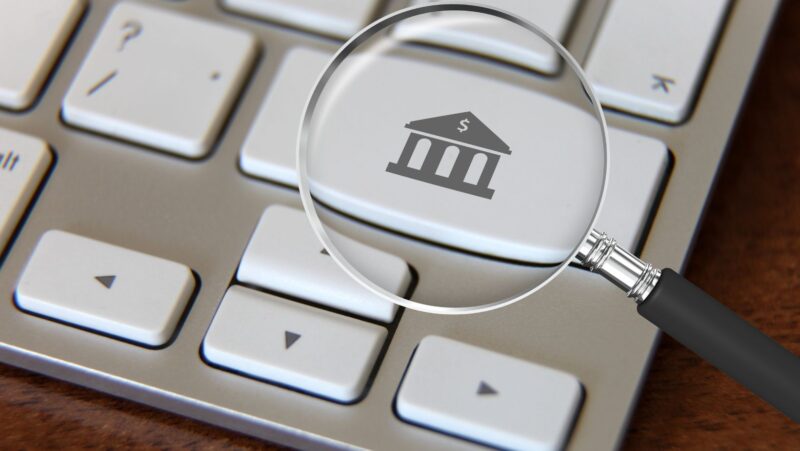
According to recent data from the U.S. Department of Education, the average American spends around $2,000 annually on energy. It’s estimated that around $200 of that could be wasted electricity. If you’ve found that your electric bill is increasing, it’s important to take a closer look at your most recent bill to determine whether it’s preventable.
How to Read Your Electric Bill
The long and short of it is that using your electricity is why your electric bill has increased. But there is still a little bit of nuance to consider when you receive a higher bill in the mail when you weren’t expecting it! Before you can understand the cause behind the increase, it’s important to understand how to read through your bill.
When you read an electric bill, the charge is broken down into three categories, and the price of each one is available on your statement:
- Delivery: The cost to supply the energy to your home, and it can be the largest charge on your bill in some cases.
- Taxes and Fees: The applicable tax you will pay on the energy that you use, with fees included.
- Supply: The amount of energy you used, typically per month.
Firstly, try to rule out whether or not the cost of the supply has increased lately in your geographic area. If that’s not the case, go on websites like Nextdoor or Reddit to see whether or not the supplier has increased the price for delivery and/or supply.
What Runs Your Electric Bill Up The Most?
NBC News recently stated that many Americans are seeing their electric and gas bills increase because demand is increasing, but the supply is staying the same. Over 40% of natural gas comes from power plants within the U.S., meaning that there are not as many suppliers as you might think.

The price of goods is rising to meet inflation and consumer demand, but that’s not the only reason your electric bill is increasing. Several other common factors can also contribute to a higher electric bill:
- Using Your Electricity During Peak Hours: Believe it or not, the time that you use your energy matters. If everyone is trying to use the energy at the same time, the demand increases, and it can cost more to run your dishwasher or laundry machine during those peak hours. The exact hours can vary depending on your state and will likely match the behavior of other consumers in your area, but you can typically expect peak hours for energy usage in the summer to be between noon and 6 pm when air conditioners are on full throttle. During the winter months, the hours can shift between 6 am and 9 am and pick up again between 5 pm and 9 pm.
- Having Outdated Appliances: Another easy way that your electric bill can increase is if your appliances are significantly outdated and can’t keep up with the workload. For example, let’s say that your dryer is out of date, and you notice that your electric bill keeps climbing. Do you have to run your dryer three or four times to get the load to try fully? That means it may be time to replace older appliances. It’s a big cost upfront, but it can save you money (and headaches) over time.
- Inefficient HVAC Systems: Inefficiency is another factor that often translates to a higher bill from month to month. If your HVAC system is over 15 years old, it may not be as efficient as it used to be. You can ask a professional installer to take a look and measure a reading for its usage to determine whether or not you should repair or replace it in the near future. But keep in mind that replacing a furnace or an AC unit is no small feat. It can cost over $7,000 to replace your furnace completely, according to Forbes!
- Leaks: Drafts, air leaks around doors and windows, and outdated HVAC systems are some of the biggest culprits when your energy bill spikes! Make sure to get those taken care of as soon as you can. You can replace or repair cracks in doors and windows to get rid of drafts and air leaks, but as mentioned above, repairing / replacing an HVAC system can be pricey.
What Causes a Spike in Electric Usage?
Spikes in electric bill usage can be common, especially during seasonal changes. For example, if your furnace is electric and you rely on electric space heaters or heat pumps, your bill will increase during the winter. The cost of supplying your energy (both electricity and gas) can also increase seasonally due to demand, so make sure to read through your bill during the summer and winter months to see if it reflects the seasonal changes. In some cases, these rate adjustments can support programs that help low-income families pay for utility bills during harsher months.
How to Investigate a High Electric Bill
If you’ve ruled out seasonal changes and your neighbor tapping into your electrical outlets, then there are other ways to investigate why your electric bill is so high.
You can have your energy provider or another industry professional come out and conduct a home energy audit. Many professionals can use infrared cameras to find leaks and drafts in the walls and floors of your home, which makes it easier to spot the biggest sources of energy loss.

These drafts can contribute to a higher electric bill if they aren’t taken care of. As mentioned above, you can repair doors and windows that are behind the drafts, which can help lower your overall energy consumption and reduce costs. Once these issues are fixed, you should see a lower electric bill!
Tips to Pay Your Electric Bill When it Increases
Now that you understand why your electric bill is higher than usual, you might be wondering what you can do to pay it. Below are some of the ways you can deal with a high electric bill:
- Remember Peak Time Savings
- Invest in Energy Efficient Appliances
- Take Care of Drafts and Leaks
- Use Your AC or Heat Less During Seasonal Months
- Explore Emergency Loans to Catch Up
If you need cash to invest in new appliances or an HVAC system, don’t hesitate to explore your loan options if you can’t pay the expenses upfront. Your future self may thank you for taking the initiative to repair your home and save money on electric bills! Some retailers offer payment plans for new laundry machines or dishwashers, but if you need a larger loan to take care of home repairs, you can consider a few different options, such as a personal loan or a title loan.







